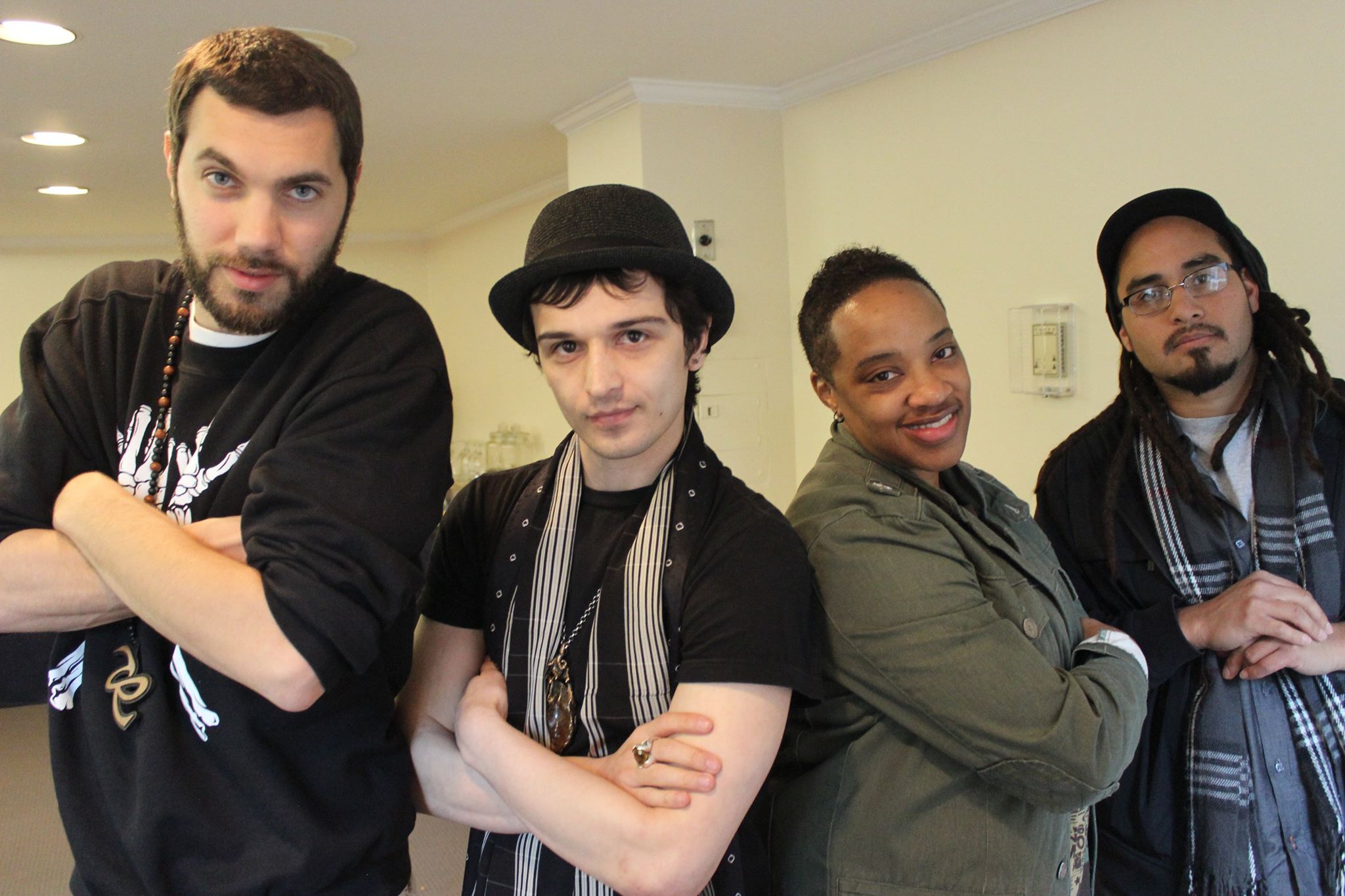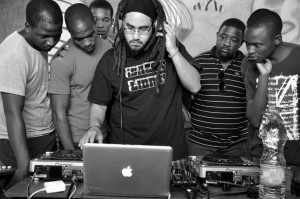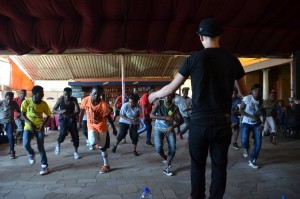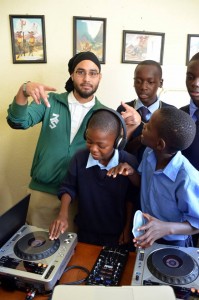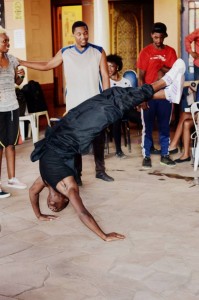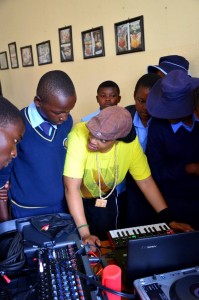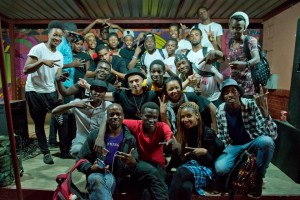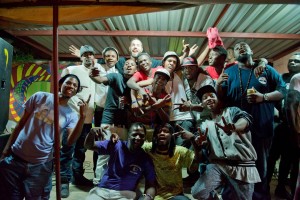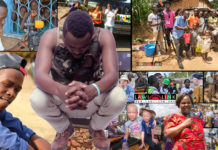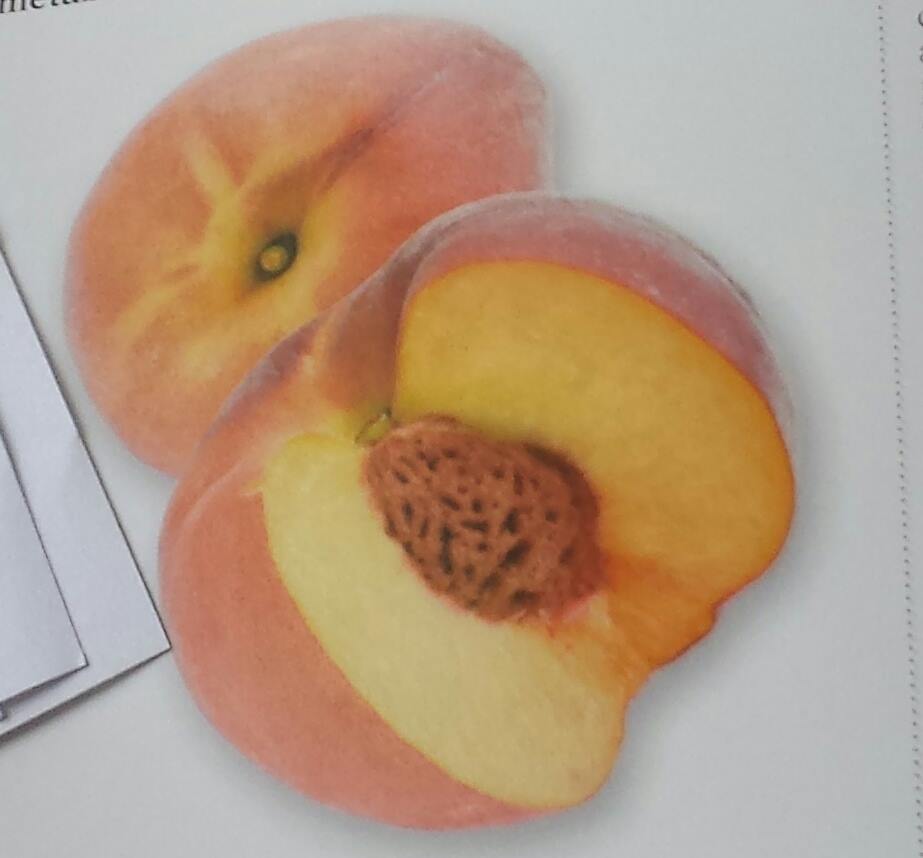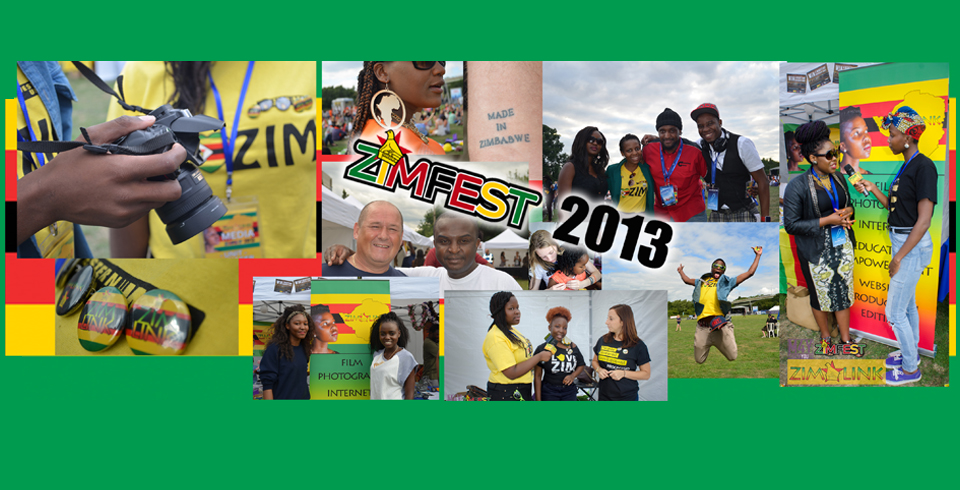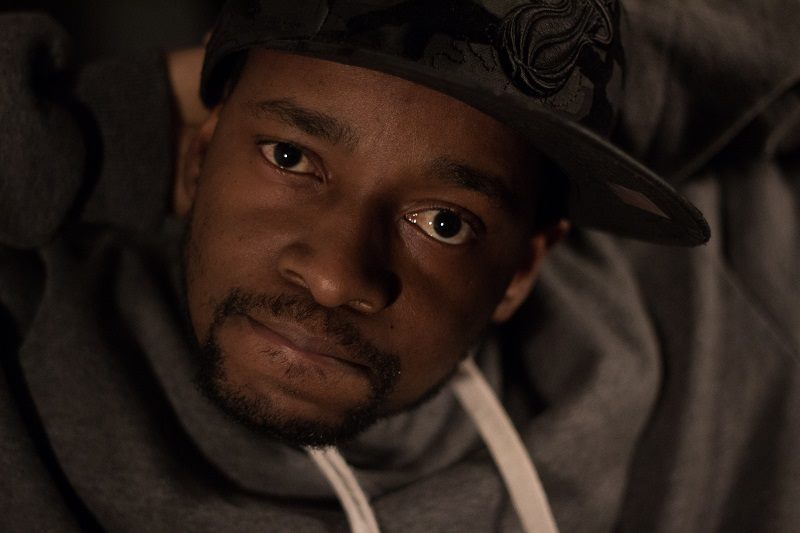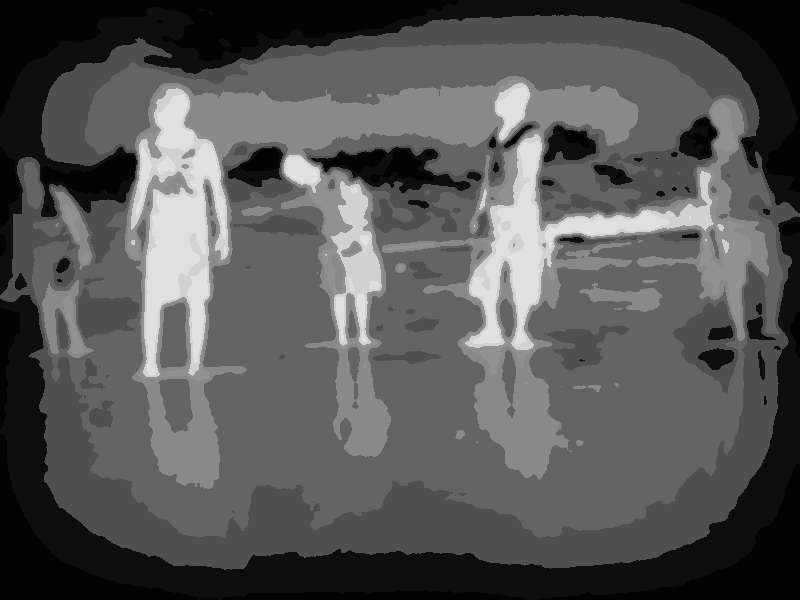The past 2 weeks saw the capital city of Zimbabwe, Harare, being embraced by a vibrant group of entertainers who operate under the name “Next Level”. Next Level is basically an initiative of the U.S. Department of State and the University of North Carolina’s Department of Music that promotes international cultural exchange and conflict resolution through hip-hop music and dance. The Next Level (NL) team that traveled to Zimbabwe consists of 4 prominent members: Kane Smego (an MC), Juan Gomez (a DJ) , Jaci Caprice (a beat-maker) and Ken Fury (a dancer). The NL team has toured places such as Senegal and Bangladesh (only to name a few), and they were excited to begin the final program of their inaugural year by coming to Zimbabwe. The dynamic team managed to work with local partners such as Magamba Network and Jibilika Mozambique Dance Trust , at the same time running an NL Harare Academy at Book Cafe. More information about the team can be found here .
The NL team (Zim) managed to host multiple workshops at St. Peter’s School in Glen Norah, and they were also delighted to visit the Domboshawa cave paintings and Great Zimbabwe during their spare time. They also took part in the show “Mashoko” ,which took place at the Book Cafe on the 28th of February, and “Peace in the hood”, which was held in Glen Norah. I’m glad to say that the shows and the workshops have been a success so far, and that despite the team teaching their different unique crafts, they have also been learning a few things about the Zimbabwean music, culture and entertainment industry. I was fortunate enough to interview Paul Rockower , who’s one of the main organisers behind the NL team, and he made a lot of positive remarks about the Zimbabwean Hip Hop community and the community at large. He’s been impressed by how traditional instruments (such as the mbira) are being fused with Hip-hop, as he believes that this creates authentic music. Paul also mentioned that “We should push the boundaries of Hip hop and stay true to ourselves”. I totally agree with this statement, because Hip hop should not be limited, and when we stay true to ourselves, this enables people to relate to what we do/ produce. In conclusion, I must say that it’s good to see the NL team bringing people together and fostering a greater understanding through the universality of music as a form of creative self-expression (as this also happens to be one of their goals). With this being said, they definitely take cultural diplomacy to the “next level”, using Hip hop as a tool.
For more information about Next Level, you can like their Facebook Page, follow them on Twitter, or visit www.nextlevel-usa.org .

